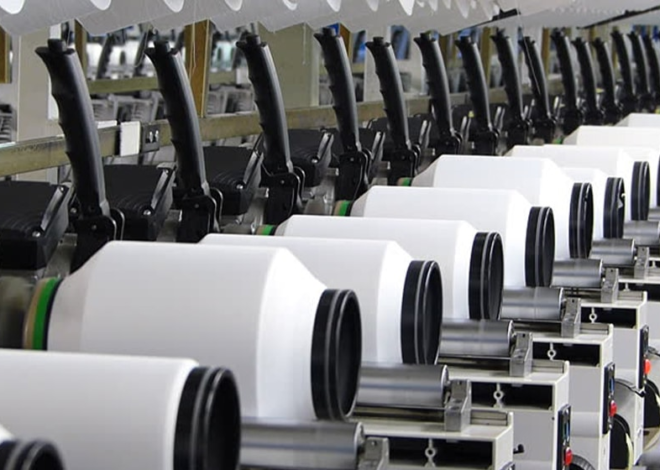
Pakistan Railways to Inaugurate Modern Karachi Railway Station in September in September
The development of Pakistan’s railway infrastructure is reaching new heights as Minister for Railways, Muhammad Hanif Abbasi, announced the inauguration of a modern railway station in Karachi on September 10. This significant milestone is part of the government’s broader vision to revamp the railways and improve passenger experience throughout the country. Abbasi made these remarks during a media interaction at Faisalabad railway station, outlining the progress and ongoing reforms within Pakistan Railways.
Pushing Forward the Modernization Agenda
Minister Abbasi emphasized that Pakistan Railways is actively pursuing both short- and long-term projects in alignment with the Prime Minister’s vision to modernize the nation’s rail transport system. These projects are being implemented nationwide, ensuring improvements are not limited to major cities but extend across the entire network.
A prominent achievement is the complete digitization of the ticketing system, making booking more efficient and transparent for passengers. To further enhance passenger convenience, a train tracking system has been introduced, allowing real-time monitoring of train movements. Additionally, Automated Teller Machines (ATMs) have been installed at major stations, and free Wi-Fi services are being gradually rolled out at 40 Punjab railway stations with support from the provincial government.
Service Outsourcing and Quality Enhancement
A major part of the ongoing reforms includes the outsourcing of certain railway services, which is expected to be completed by September 30. This move covers 9 to 11 passenger and freight trains, guest houses, special saloons, hospitals, schools, and other facilities. The objective is to not only improve service quality but also to generate additional revenue streams for the department.
An innovative step has been taken regarding special saloons, which were traditionally reserved for senior railway officials. These saloons are now available to the public at affordable rates, enhancing access and utility for ordinary citizens.
Furthermore, cleanliness responsibilities at key railway stations have been handed over to solid waste management companies to ensure higher standards of hygiene. The quality of food available at railway stations will be monitored by respective provincial food authorities, with the goal of providing better and safer food options to passengers.
Massive Investments and Infrastructure Upgrades
Minister Abbasi revealed several major investment initiatives aimed at transforming Pakistan Railways. The Punjab government is investing Rs 50 billion in railway uplift projects, targeting the upgrade of eight critical routes within the province. Of even greater significance is the Rs 250 billion allocation dedicated to the construction of a new double track and a modern signal system between Lahore and Rawalpindi. This project alone is expected to reduce the travel time between these major cities to just 2 to 2.5 hours, marking a substantial improvement in intercity connectivity.
In addition to this, the government is planning the development of the Shahdara–Raiwind linear park and comprehensive station upgrades in Karachi, Lahore, Rawalpindi, and Taxila. Track improvement initiatives are also underway from Sheikh Zaid to Kuchlak in Balochistan, reflecting a holistic approach to railway development across diverse regions.
Collaborative Projects with Provincial Governments
Partnerships with provincial governments are playing a crucial role in the modernization drive. In Sindh, the Rohri station will be upgraded under a new agreement, further boosting the province’s rail infrastructure. The forthcoming inauguration of Karachi’s new railway station symbolizes the progress being made and the tangible benefits these projects will deliver to passengers and the national economy.
The multifaceted improvements, from digital services to infrastructural investments, position Pakistan Railways on a renewed trajectory of development. As these projects reach completion, the public can expect not only enhanced travel comfort and safety but also a more efficient rail network that aims to meet global standards.







